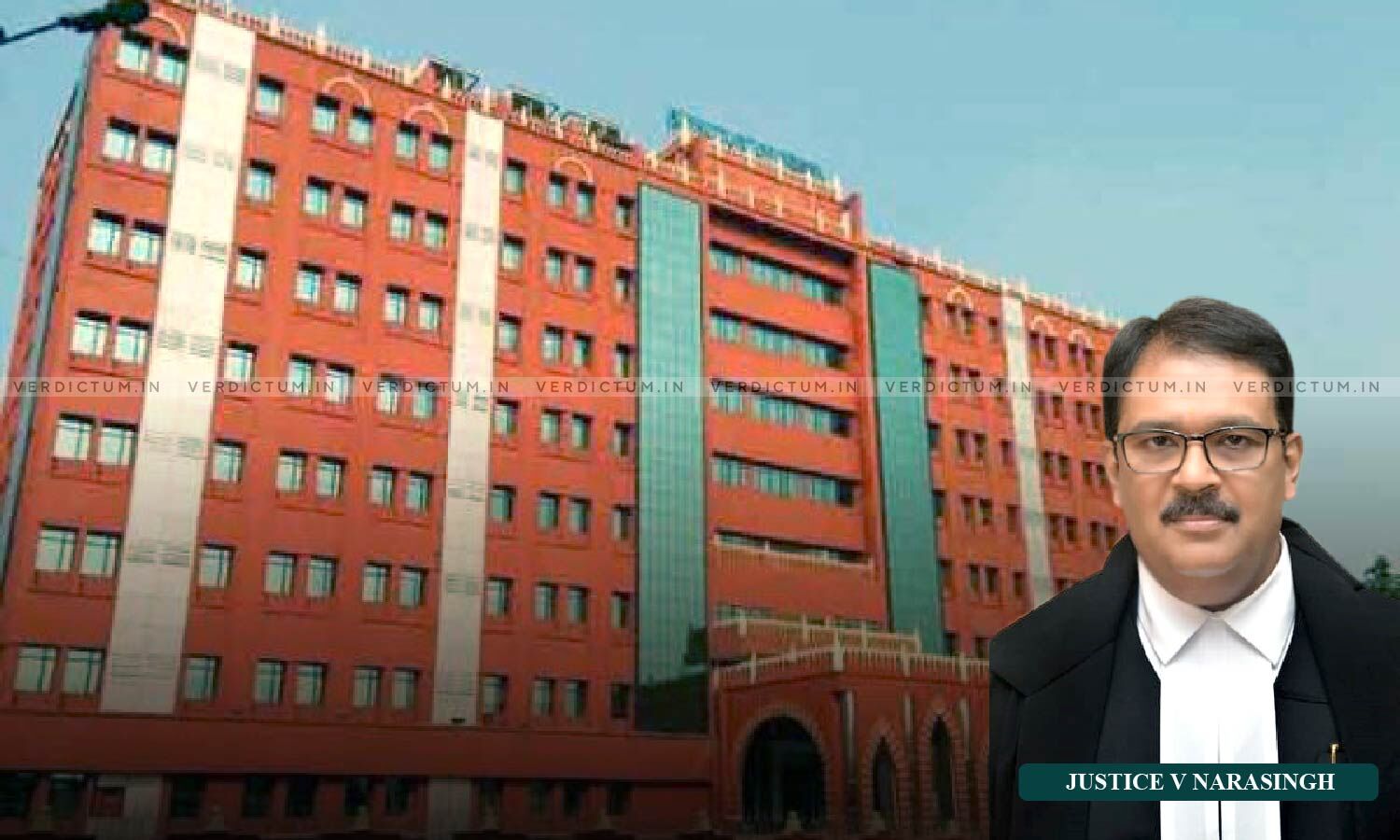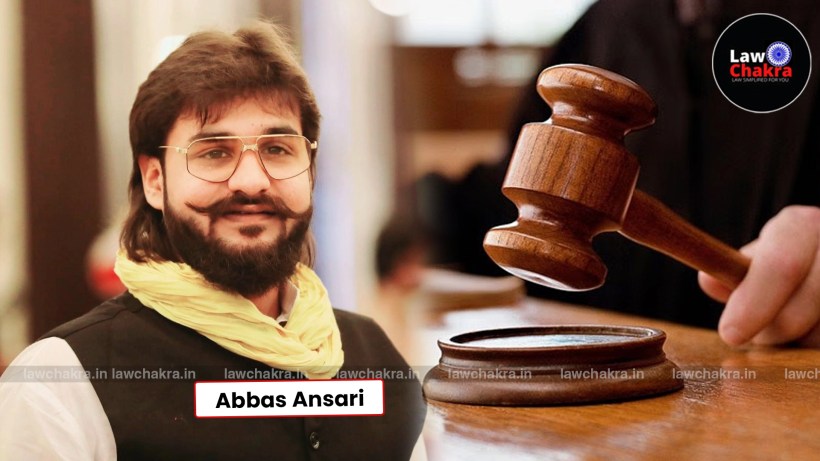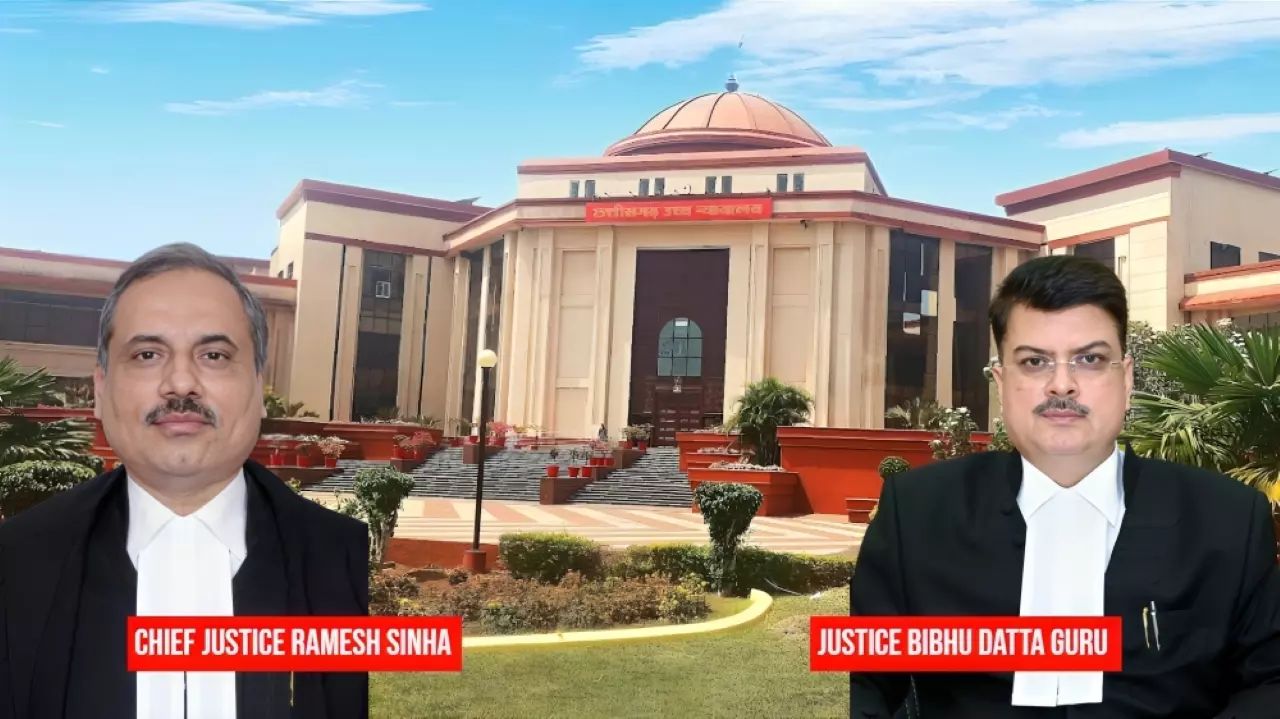Orissa High Court Quashes Punishment Of Black Marks On Police Officer For Consensual Unnatural Sex

The Orissa High Court has quashed the departmental punishment of black marks imposed on an Assistant Sub-Inspector for alleged unnatural sexual conduct, holding that the charge related to consensual conduct between adults and therefore no longer qualified as an offence under Section 377 IPC. The Court held that continuing the punishment despite quashing of the criminal case amounted to abuse of process.
A Single Bench of Justice V. Narasingh observed, “In view of the pronouncement of the Apex Court in the case of Navtej Singh Johar v. Union of India, since the same is voluntary and there is nothing on record to indicate that such consent was impelled on account of any external factors or was outcome of any duress or coercion, as rules no longer qualifies as an offence, in such circumstances this Court is not persuaded to accede to the submission of the learned counsel for the State that the act on the date the order was passed can be treated as an offence.”
The Court added, “Allowing the punishment of ‘any black mark’ as per Rule 834 of Police Rules, in the case at hand, would amount to abuse of process of law.”
Advocate M. K. Khuntia appeared for the Petitioner, while Additional Standing Counsel S.P. Das represented the Opposite Parties.
Brief Facts
The Petitioner, an Assistant Sub-Inspector of Police, was subjected to departmental proceedings and punished with three black marks (later reduced to two) for allegedly committing unnatural sexual acts with a subordinate constable. The incident led to the registration of a criminal case under Sections 341, 342, 323, 377, and 506 IPC.
While the criminal proceedings were quashed by the High Court on the ground of mutual compromise between the parties, the disciplinary authority continued with the departmental inquiry and confirmed the black marks. The punishment also directed that the period of suspension be treated as such. The appellate, revisional, and memorial authorities rejected the Petitioner’s challenges.
The Petitioner argued that since the criminal case was quashed and the act no longer constituted an offence, continuation of punishment violated law and fairness. It was further submitted that the punishment order relied on facts already found unsustainable in a criminal court.
Reasoning of the Court
The Court examined the relationship between the criminal case and the departmental charges, and noted that both arose from the same incident, stating, “Taking into account the charge in the departmental proceeding and the quashing of the criminal case on the basis of compromise, this Court has no hesitation to hold that the charge in the departmental proceeding and the criminal case are one and the same.”
The Bench noted the nature of the charge under Section 377 IPC and observed that the conduct in question was consensual between two adults. “In view of the pronouncement of the Apex Court in the case of Navtej Singh Johar v. Union of India, since the same is voluntary and there is nothing on record to indicate that such consent was impelled on account of any external factors or was outcome of any duress or coercion, as rules no longer qualifies as an offence, in such circumstances this Court is not persuaded to accede to the submission of the learned counsel for the State that the act on the date the order was passed can be treated as an offence”, it added.
The Court observed, “This Court is not oblivious of the contours of exercise of jurisdiction in interfering with an order passed in a departmental proceeding. But on conspectus of pleadings, this Court is of the considered view that allowing the punishment of “any black mark” as per Rule 834 of Police Rules, in the case at hand, would amount to abuse of process of law.”
On the second limb of the punishment, treating the suspension period as such, the Court held that such an order must follow natural justice. “It is further to be noted that the second part of the punishment, i.e. the period of suspension is treated as such is not a punishment contemplated under Rule 824 of the Odisha Police Rules, 1940. It is also not disputed that before such punishment was inflicted, no opportunity of hearing was granted to the Petitioner”, the Bench explained.
Accordingly, the Court disposed of the petition and quashed the punishment order and all consequential orders passed by the appellate, revisional, and memorial authorities.
The Court further ordered that the petitioner would be entitled to consequential service and financial benefits.
Cause Title: X v. State of Odisha & Ors. (W.P.(C) NO.16834 of 2023)





